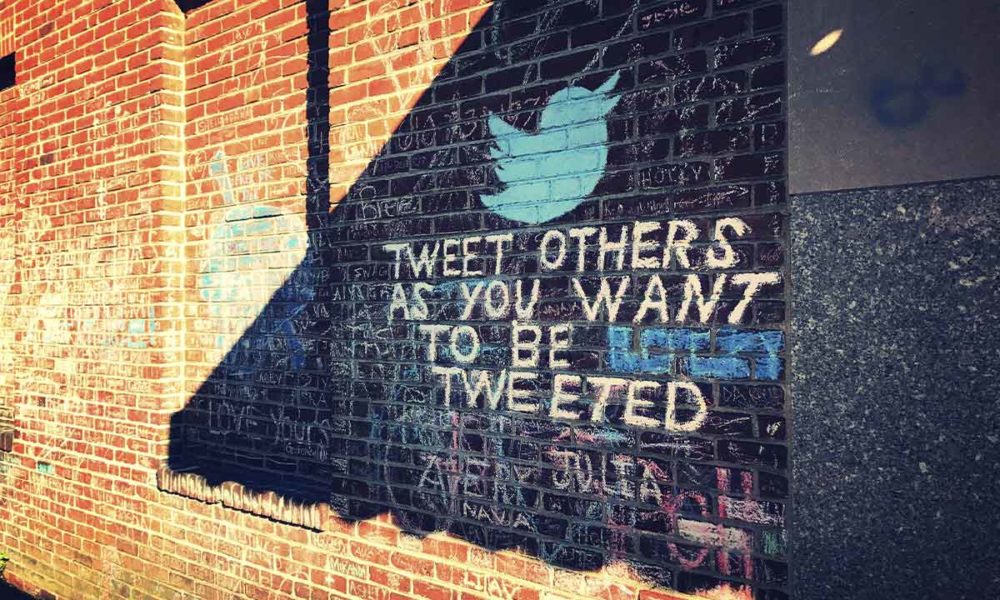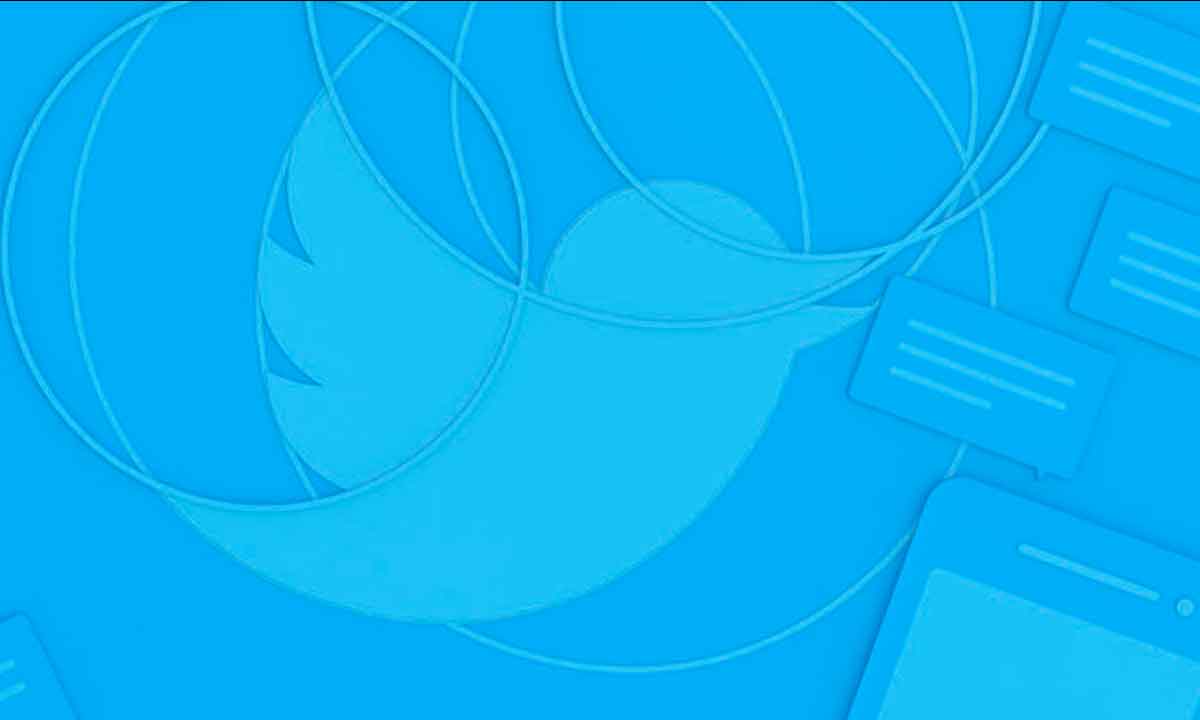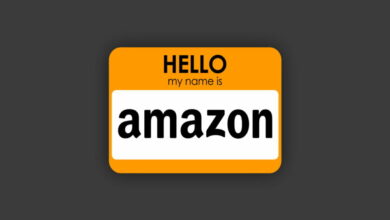
According to Elon Musk, his main motivation for buying Twitter has been and is to protect freedom of expression. An explanation on which we have seen thousands of opinions and reflections over the last few weeks, with conclusions of the most opposed to each other. About what I have not seen, in comparison, is not a thousandth of reflections on other possible motivations, beyond the purely ideological (in the broadest sense of the term).
And it is that, as much as the billionaire is a declared fan of freedom of expression, we must not forget that we are talking about an operation of 44,000 million dollars, part of which will come out of Musk’s pocket, and another part of credits obtained by the founder of Tesla for this purpose. Even speaking of Tesla, it has been commented these days that it is possible that he will sell part of his shareholding in the company, to finance part of the purchase of Twitter.
Perhaps it is that, in this regard, I am a bit unbelieving, but I have a hard time swallowing that the main motivation for buying Twitter is ideological. I would believe it if the operation had had a tenth of the value it has had, or if Musk’s personal fortune was the current value multiplied by 10. That is, that the impact on his personal and professional economy was quite limited, not how it happens in this case.
Whether true or not, what it seems is that he had to start doing numbers and it is possible that the accounts will not come out. Thus, as we can read in Yahoo! Finance, Elon Musk would be considering the possibility of charging companies and public entities for using Twitter. A small amount, according to said news, but that nevertheless would mark a fairly clear path to try to recover, at least, a part of what was invested in the purchase.
The monetization of the service has been, for many years, a concern for those responsible for Twitter. It is true that advertising revenue is remarkable, but it is well known that trusting all or the vast majority of the monetization capacity of any type of company and service in a single source is, to say the least, quite risky. This explains why in the last two years we have seen some movements in this regard, such as Twitter Blue.
Even so, and despite the fact that it could work, I see two problems in this possible way of monetization. The first, of course, is that imposing a payment, no matter how small, It can lead some to think about whether or not to stay on Twitter. This, of course, would depend on the price, but however low it may be, it is well known that having to pay is one of the most dissuasive elements when it comes to using an online service or not.
And secondly, does it make sense to try to establish yourself as a priest of freedom of expression, but then want to pass the checkout to those, in this case companies, who want to make use of it on Twitter. Or is it that, in reality, Elon Musk’s moral postulate is “Freedom of expression for those who can afford it«? Personally, and I clarify that this is an opinion, it fits me much more with the character.




